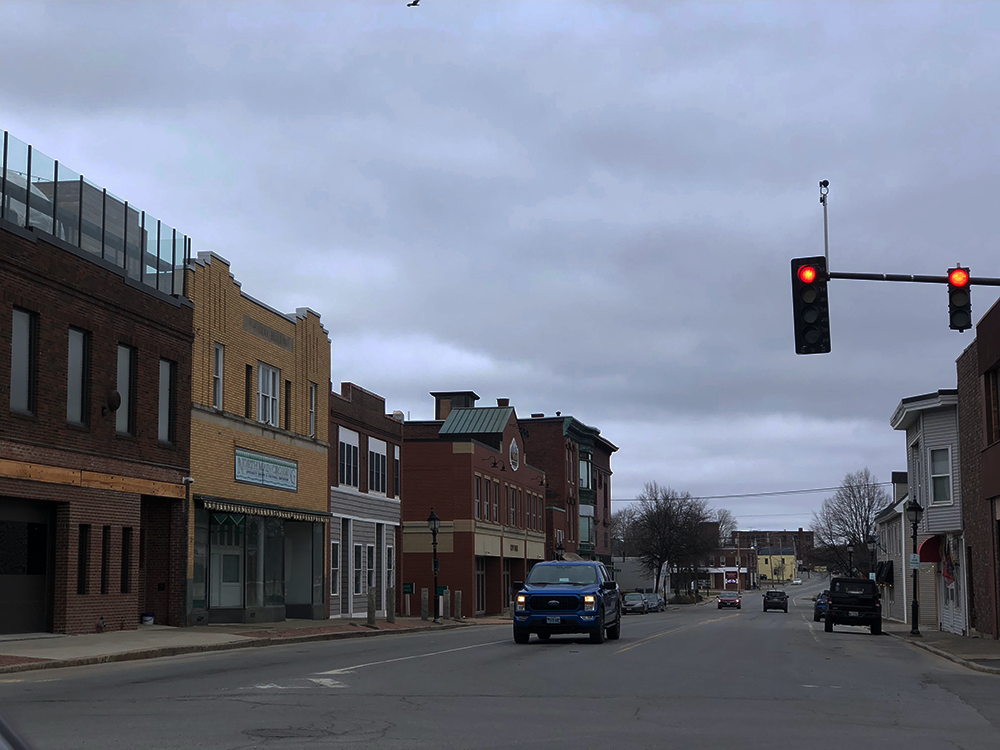The city of Old Town is in the process of considering new restrictions on where and when homeless people can sleep. One of the changes includes not allowing people to occupy a public park from sunset to sunrise.
Not only is this unethical and criminalizes homeless people for doing nothing wrong, it puts them in a more difficult position than they are already in. No one wants to be sleeping in a park during winter, but oftentimes this is many individuals’ last resort.
Unfortunately, this is not something that is specific to Old Town. Last December, Lewiston city council banned loitering, sleeping and camping between 9 p.m. and 5 a.m. on city-owned property.
In both of these cases, city officials cited “safety” as the reasons behind the ban. In reality, the city likely doesn’t want to deal with the underlying issues of addressing homelessness. But where will they go? Neither Lewiston nor Old Town has overnight homeless shelters.
Instead of using valuable time and city resources to create these ordinances, cities need to look at ways to effectively help homelessness people find places to stay so they are not left with the park as their only option. Furthermore, with limited access to the internet, how will homeless people be notified of these new restrictions?
For these towns it seems like their thinking is “out of sight, out of mind.” Their logic seems to be that punishing these people for sleeping in public places means they will no longer do it. But again, just because these people have nowhere else to go doesn’t mean they will just disappear.
Restrictions like these have been happening across the country, mainly after 2017 when the Department of Housing and Urban Development said that homelessness had increased for the first time in seven years.
In 2018, a restriction made in Boise, Idaho to combat where homeless people could sleep was brought to a federal appeals court in the state after they had made similar restrictions to the ones in Lewiston and Old Town.
“As long as there is no option of sleeping indoors, the government cannot criminalize indigent, homeless people for sleeping outdoors, on public property, on the false premise they had a choice in the matter,” the judges wrote in their summary of the case.
They also stated that the simple act of sleeping cannot be criminalized consistently with the Eighth Amendment, which protects against cruel and unusual punishments.
This ruling covers all areas of the 9th U.S. Circuit Court of Appeals, which only covers the western-most portion of the country, but it should set a precedent for other parts of the country, including Maine.
A court in our country has ruled the same laws that our state is implementing as “cruel and unusual punishment.” What Old Town is doing and what Lewiston has already done is unethical. We can and must do better for the people in our communities.
Implementing these restrictions will only make problems worse for both the town and for the homeless people being affected.




